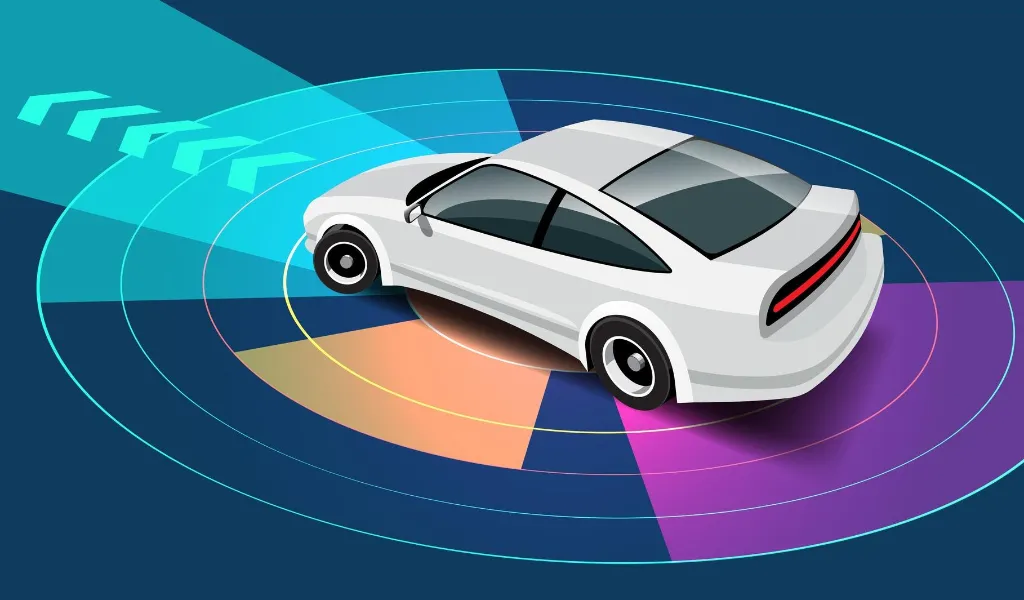Wireless Charging for EVs: From Pilot Projects to Everyday Reality
The idea of charging an electric vehicle (EV) without plugging in may sound futuristic, but wireless charging technology is rapidly becoming a practical solution. Several cities and car manufacturers are already testing pilot projects that could reshape how drivers power their vehicles.
How Wireless Charging Works
Wireless charging uses magnetic induction or resonant coupling between a ground pad and a receiver installed in the vehicle. Drivers simply park over the pad, and energy transfers automatically — no cables, no connectors, just seamless charging.
Benefits for Drivers and Cities
-
Convenience: Drivers don’t need to handle cables, making charging more user-friendly.
-
Safety: Reduced wear and tear on cables lowers the risk of damage or accidents.
-
Integration: Wireless pads can be embedded in roads, parking lots, and taxi stands to create a truly invisible infrastructure.
Pilot Projects Around the World
In Germany, Italy, and the US, wireless charging is being trialled in public transport fleets. Buses equipped with the technology recharge while waiting at stops, extending range without disrupting schedules.
Looking Ahead
As costs fall and efficiency improves, wireless charging could become standard for urban mobility, shared fleets, and eventually private vehicles.
Click&Plug monitors these innovations closely, ensuring its solutions remain compatible with new charging technologies that redefine convenience and accessibility.

